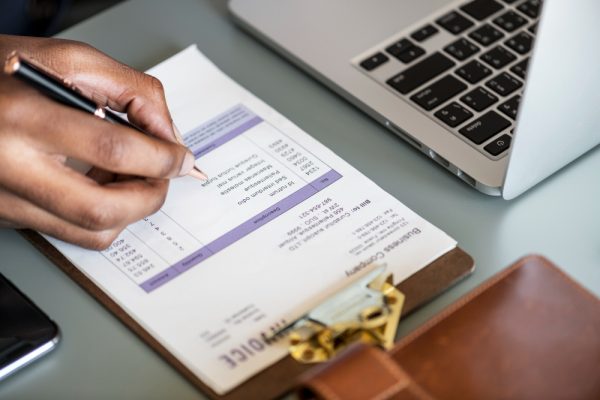
Empowering Texas: The Impact of Submetering in 2024
March 19, 2024
Do You Experience High Water Consumption? Learn What Steps To Take From Roger Ross – Think Utility Services- COO
April 4, 2024Exploring Utility Billing Dynamics in 2024: A Comprehensive Overview
As we step into 2024, the landscape of utility billing undergoes significant shifts, reflecting the evolving needs of consumers and advancements in technology. In this blog post, we delve into the changes occurring in utility billing, exploring the innovations, challenges, and implications for consumers and providers alike.
1
The Rise of Smart Metering
In 2024, the adoption of smart metering technologies continues to soar. Smart meters offer real-time data on energy consumption, enabling more accurate billing and empowering consumers to make informed decisions about their usage habits. With features like remote monitoring and automated readings, smart metering enhances efficiency and reduces operational costs for utility providers.
2
Embracing Submetering
Submetering gains traction as a solution for multi-unit properties and commercial buildings. By installing submeters, property owners can accurately measure individual unit consumption, promoting fair billing practices and encouraging tenants to conserve energy. In addition to fostering transparency, submetering fosters a culture of accountability, driving sustainability efforts within communities.
3
Integration of Renewable Energy Sources
The integration of renewable energy sources into utility billing systems marks a significant trend in 2024. With growing concerns about climate change, consumers are increasingly interested in incorporating solar, wind, and other clean energy solutions into their homes and businesses. Utility providers are adapting by offering incentives, net metering programs, and innovative billing structures to accommodate renewable energy integration seamlessly.
4
Personalized Billing Solutions
In response to consumer demand for personalized services, utility providers are rolling out customized billing solutions in 2024. From budget billing options to tailored energy plans based on usage patterns, these initiatives cater to diverse consumer needs and preferences. By offering flexibility and choice, personalized billing solutions empower consumers to manage their utility expenses more effectively.
5
Addressing Equity and Affordability
As utility billing undergoes transformation, addressing equity and affordability remains a critical consideration. In 2024, policymakers and stakeholders collaborate to ensure that innovative billing practices do not disproportionately burden low-income households. Initiatives such as utility assistance programs, rate affordability measures, and community outreach efforts aim to promote equitable access to essential services while fostering financial stability for all.
The year 2024 brings forth a paradigm shift in utility billing, driven by technological advancements, consumer preferences, and sustainability imperatives. From smart metering to renewable energy integration, these changes offer opportunities for efficiency, transparency, and empowerment. However, it is crucial to navigate these transformations with a focus on equity and affordability, ensuring that all individuals and communities can benefit from a more sustainable and accessible utility landscape.




